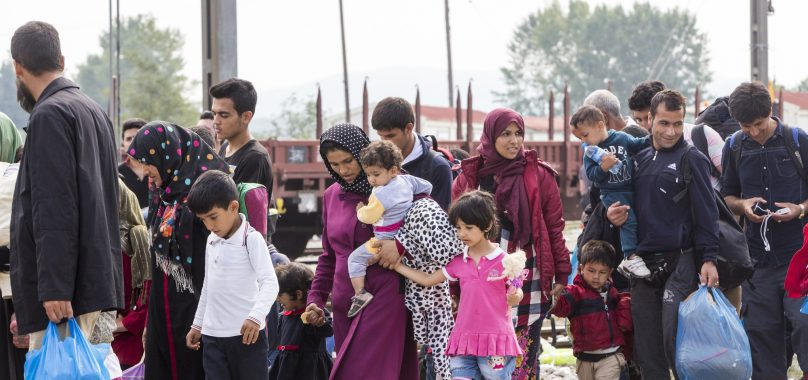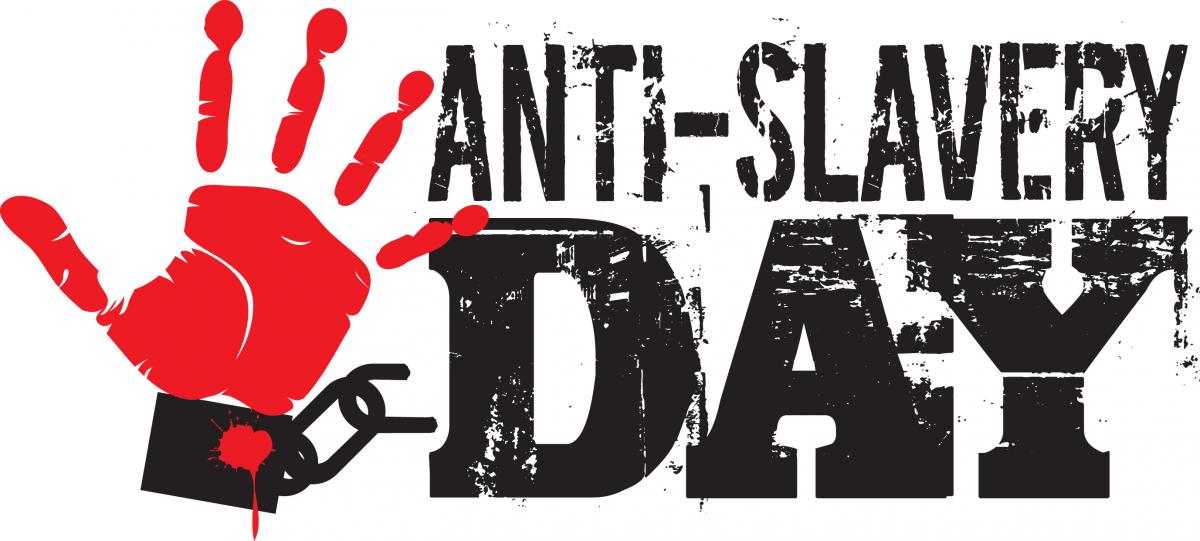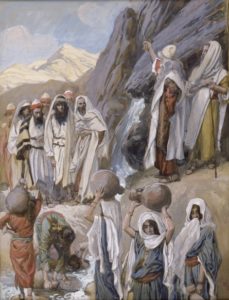 The 1st reading on this 3rd Sunday of Lent (Year A – Exodus 17:3-7) presents us with a scene known to many of us.
The 1st reading on this 3rd Sunday of Lent (Year A – Exodus 17:3-7) presents us with a scene known to many of us.
The people of Israel complain that they have no water and accuse Moses of bringing them to a desert place.
He, in turn, complains to the Lord who tells him what to do to remedy the situation.
Moses strikes a rock and water gushes out abundantly.
We say: Fantastic! Wonderful!
We may add with religious admiration: ‘God answers the prayer of his servant!’
This is one aspect of the scene.
There is another, no less important if seldom mentioned.
Moses gives the location where this happened the names of:
Massah which means testing, and Meribah which means quarrelling.
These names are definitely foreign to us, but the reality they describe is most certainly familiar!
No one can doubt that, in our world today, there is much of this: testing and quarrelling.
What had led the Israelites to quarrel, to test Moses, and more still, to test God?
They were thirsty.
The 1st Sunday of Lent spoke about hunger, this one speaks of thirst – basic human needs indeed.
Our hunger and our thirst can take many forms –
bread and water are only representations of all that we long for:
health and wealth, power and prestige, freedom and domination – and so much more.
This ‘so much more’ hides ONE deeper need:
it is the one mentioned in the last verse of the text:
« The Israelites “tested the Lord saying,
‘Is the Lord among us or not?’ ”
This is the need for God’s presence with us.
It may remain hidden deeply within us, but it is there…
This period of Lent is welcome if it enables us to identify both, the need AND the presence!
Note: The scene of the gospel of the Samaritan at the well is presented in a video (in English) at: https://youtu.be/jU09NpjS27w
And another reflection on a different theme is available in French at: https://image-i-nations.com/3e-dimanche-du-careme-annee-a-2020/
Source: Image: Wikimedia Commons

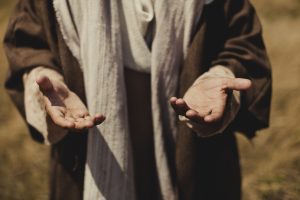
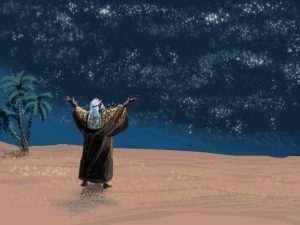 The 1st reading of this Sunday (Gn.15:5-12,17-18) is a good example of this.
The 1st reading of this Sunday (Gn.15:5-12,17-18) is a good example of this.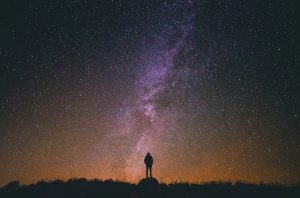
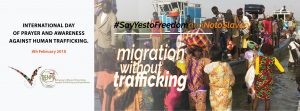
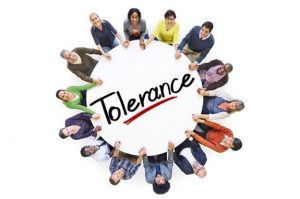 The United Nations’ (UN) International Day for Tolerance is annually observed on November 16 to educate people about the need for tolerance in society and to help them understand the negative effects of intolerance.
The United Nations’ (UN) International Day for Tolerance is annually observed on November 16 to educate people about the need for tolerance in society and to help them understand the negative effects of intolerance.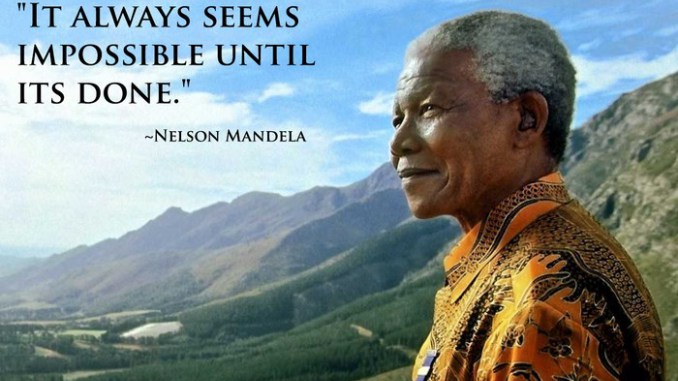
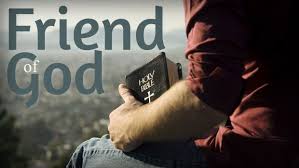
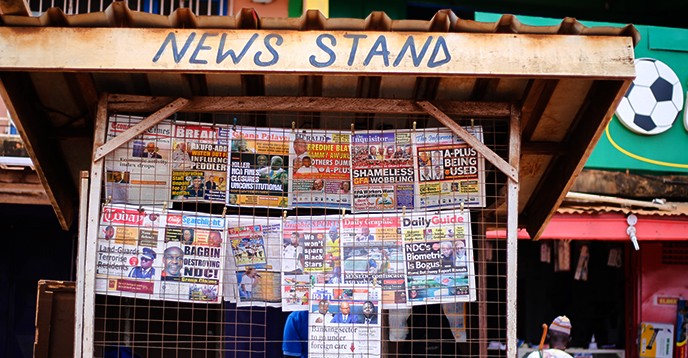 Declaration by the High Representative, Federica Mogherini, on behalf of the EU on the occasion of the World Press Freedom Day, 3 May 2018.
Declaration by the High Representative, Federica Mogherini, on behalf of the EU on the occasion of the World Press Freedom Day, 3 May 2018.